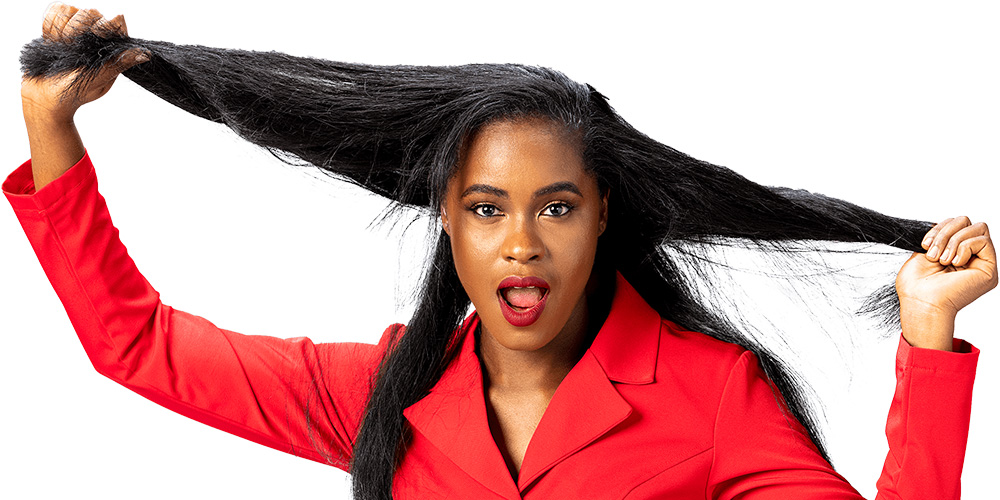


A flaky scalp is pretty embarrassing when you’re out and about your daily lives. Wearing dark clothes, meeting people; living your best life just becomes difficult when you have little white flakes resting on your shoulders.
But have you ever stopped to think what the flakes actually are? Dry Scalp or Dandruff - which is it? Both are similar looking, but if you look closely, you’ll notice how different they really are, and knowing how their individual characteristics can help you find the right treatment for it.
Everybody naturally sheds skin cells; however, dandruff is a build-up of these cells on the scalp, leading to large white flakes that get caught in your hair or your shoulders when shed. Dandruff also makes your scalp oily, red, scaly and itchy.
1. Causes:
According to researchers, the true cause of dandruff is not fully understood. However, dandruff is caused due to a few common culprits:

2. Treatment:
The best defence against dandruff is a good offense. Daily cleansing can help reduce oiliness and skin cell build-up and overall, reduce the flakes. But it might not treat the root cause of dandruff. For those you can:
Now that you know what are the key factors of what causes dandruff, you might find that what you’ve been dealing with isn’t dandruff at all. It’s a fairly common misconception, but it’s good to determine what you’re exactly dealing with to move forward with treatment options.
1. Causes:
Dry scalp usually occurs when the scalp doesn’t have enough oil for the skin to feel lubricated. People who are prone to dry skin can often get dry scalp. It causes itching, flaking, irritation and dry looking hair. There are many things that can cause dry scalp:
2. Treatment:
If you think you have dry scalp, follow the next steps as your guide to get rid of it –

The best way to care is with daily attention, and loving care. But if you feel like you’ve tried everything and are still facing dandruff problems, it’s best to seek medical attention from a dermatologist for next steps at resolving your problem.